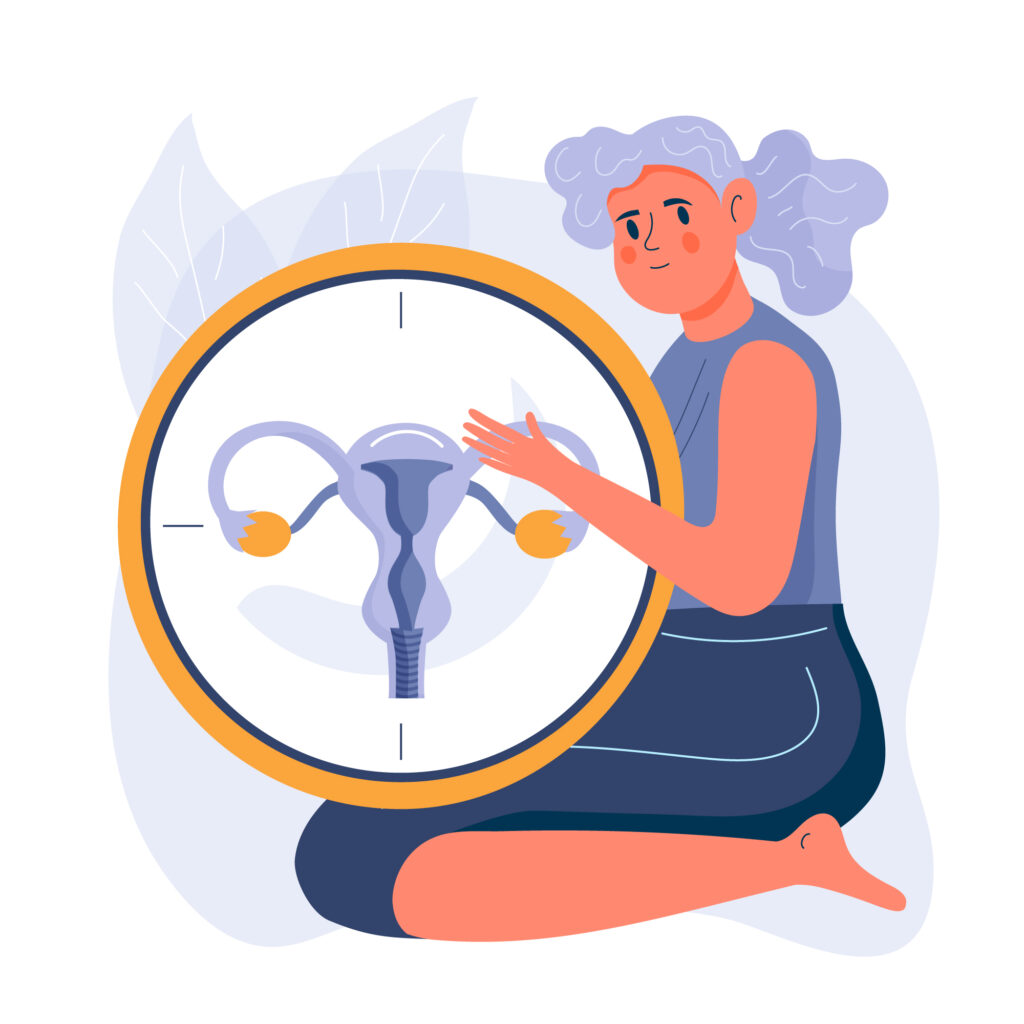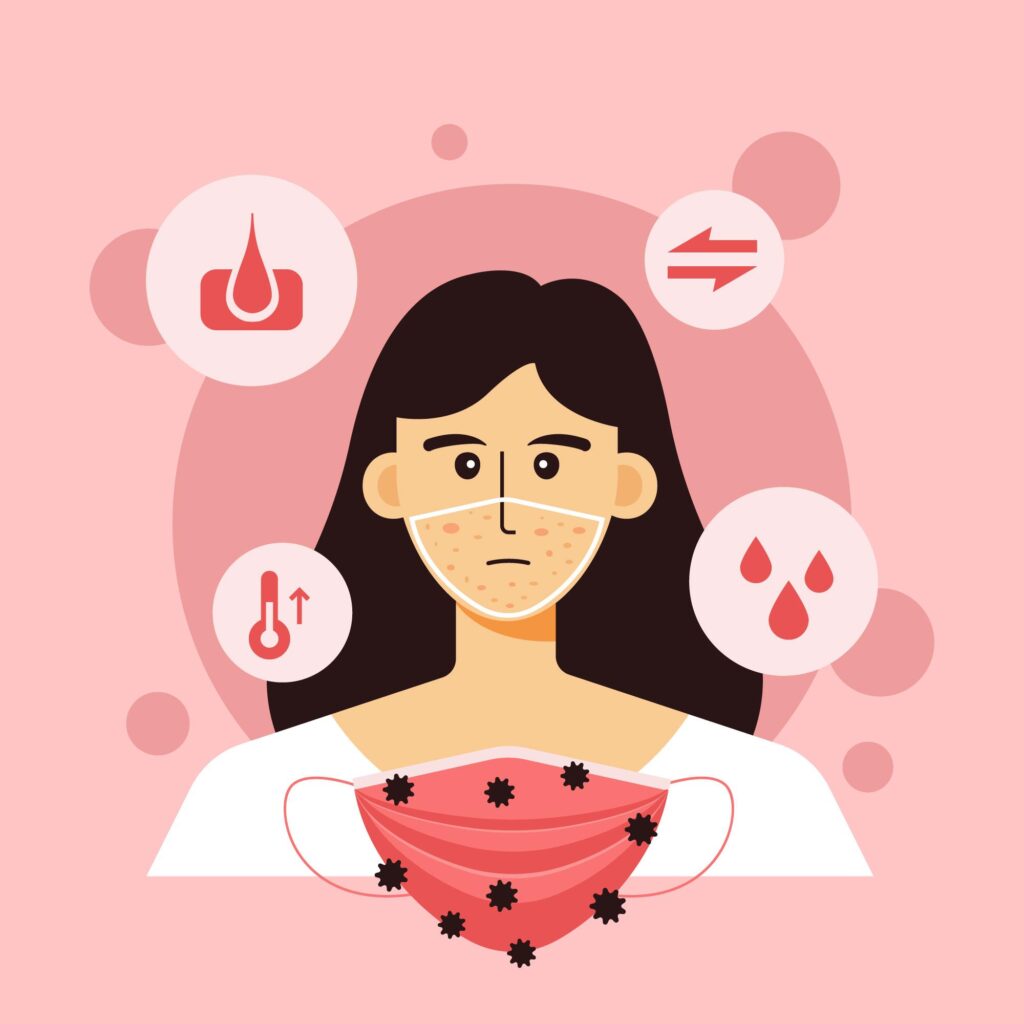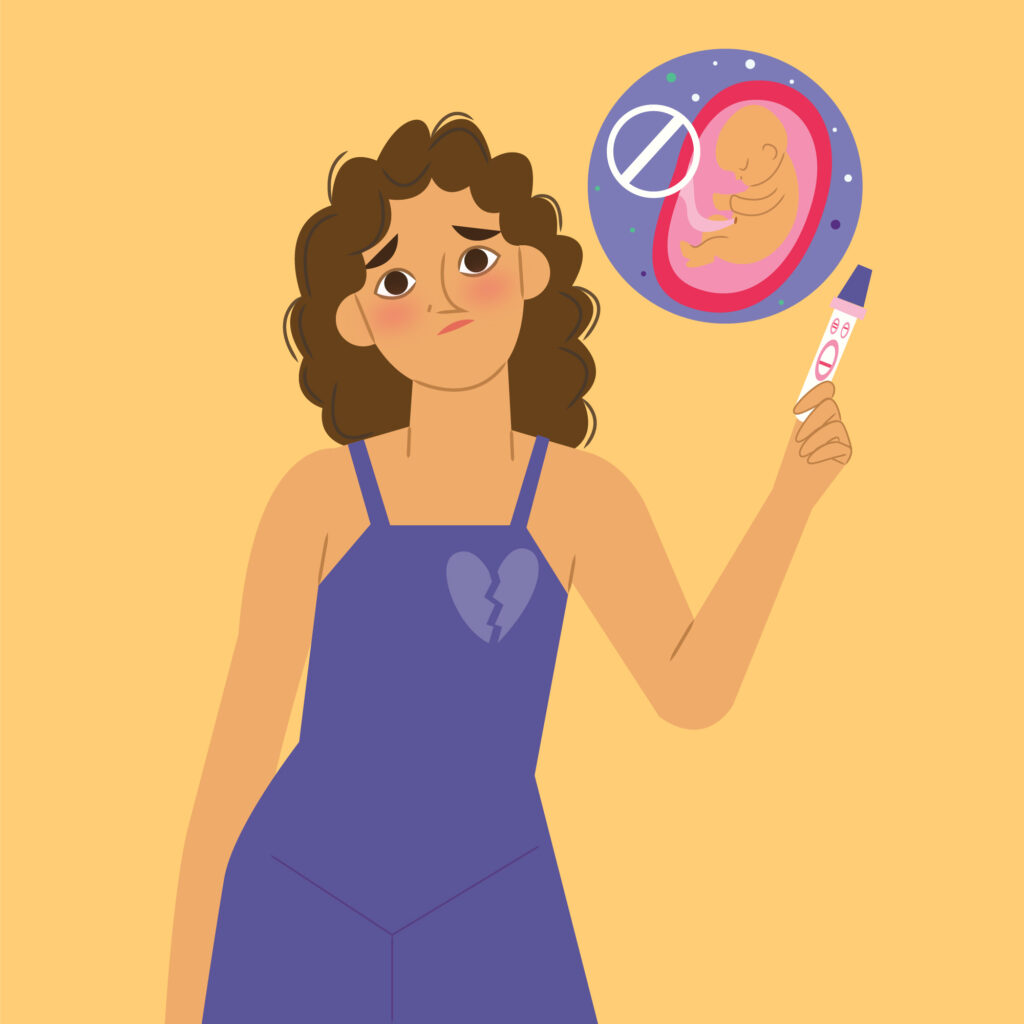Polycystic Ovarian Disease (PCOD) is a common condition affecting many women of reproductive age. Although often confused with Polycystic Ovary Syndrome (PCOS), PCOD is a distinct disorder with its own set of characteristics, signs, and symptoms. Understanding PCOD is crucial for early diagnosis and effective management. This comprehensive guide will delve into what PCOD is, its signs and symptoms, and how to manage this condition effectively.
Understanding PCOD
What is PCOD?
Polycystic Ovarian Disease (PCOD) is a hormonal disorder where the ovaries produce a large number of immature or partially mature eggs, which turn into cysts over time. The ovaries become enlarged and secrete excessive amounts of androgens (male hormones), which can cause various health issues and symptoms.
How is PCOD Different from PCOS?
While both PCOD and PCOS involve the presence of multiple cysts on the ovaries, PCOD is typically less severe than PCOS. PCOS is a more complex endocrine disorder with more significant metabolic implications and a broader range of symptoms. PCOD mainly affects ovarian function, whereas PCOS has systemic effects, including insulin resistance and an increased risk of metabolic syndrome.

Table of Contents
Causes of PCOD
Hormonal Imbalance
A primary cause of PCOD is hormonal imbalance. The ovaries produce higher levels of androgens, leading to the disruption of normal menstrual cycles and egg maturation processes.
Genetic Predisposition
Genetics play a crucial role in the development of PCOD. Women with a family history of PCOD or other hormonal disorders are at a higher risk.
Lifestyle Factors
Unhealthy lifestyle choices such as poor diet, lack of physical activity, and exposure to environmental toxins can contribute to the development of PCOD. Obesity is a significant risk factor that can exacerbate the symptoms of PCOD.
Common Signs and Symptoms of PCOD
Irregular Menstrual Cycles
One of the most noticeable symptoms of PCOD is irregular menstrual cycles. Women with PCOD may experience delayed periods, missed periods, or very light or very heavy bleeding during menstruation.
Acne and Oily Skin
Due to the excessive production of androgens, women with PCOD often suffer from acne and oily skin. These symptoms are particularly pronounced during puberty and can persist into adulthood.
Hirsutism
Hirsutism refers to excessive hair growth in areas typically associated with male hair growth patterns, such as the face, chest, and back. This is a common symptom of PCOD due to high levels of androgens.

Weight Gain
Many women with PCOD experience weight gain, especially around the abdomen. This weight gain is often difficult to manage due to hormonal imbalances.
Thinning Hair
While some areas of the body may experience excessive hair growth, women with PCOD may also notice thinning hair on the scalp, a condition known as androgenic alopecia.
Infertility
Infertility is a significant concern for women with PCOD. The hormonal imbalances interfere with the regular ovulation process, making it difficult to conceive.
Mood Swings and Depression
The hormonal changes associated with PCOD can lead to mood swings, anxiety, and depression. These mental health challenges can be as debilitating as the physical symptoms.

Fatigue
Women with PCOD often report chronic fatigue. The body’s struggle to maintain normal hormonal balance can lead to persistent tiredness and low energy levels.
Diagnosing PCOD
Medical History and Physical Examination
Diagnosis begins with a thorough medical history and physical examination. A healthcare provider will inquire about menstrual cycle patterns, weight changes, and other symptoms.
Blood Tests
Blood tests are conducted to measure hormone levels, including androgens, insulin, and other relevant hormones. These tests help identify hormonal imbalances indicative of PCOD.
Ultrasound
An ultrasound is often performed to visualize the ovaries and check for the presence of multiple cysts. This imaging test is a key component in the diagnosis of PCOD.
Treatment Options for PCOD
Lifestyle Modifications
Lifestyle changes are fundamental in managing PCOD. A balanced diet, regular exercise, and maintaining a healthy weight can significantly reduce symptoms and improve overall health.
Medications
Medications are prescribed based on individual symptoms and health concerns. Common medications include:
- Birth control pills: To regulate menstrual cycles and reduce androgen levels.
- Anti-androgens: To reduce symptoms such as hirsutism and acne.
- Metformin: To improve insulin resistance and help with weight management.
Fertility Treatments
For women struggling with infertility, fertility treatments such as ovulation induction medications and assisted reproductive technologies (ART) like in vitro fertilization (IVF) can be considered.

Surgery
In severe cases, surgical options like laparoscopic ovarian drilling (LOD) may be recommended to improve ovulation and reduce androgen levels.
Dietary Recommendations for PCOD
Balanced Diet
A balanced diet rich in whole grains, lean proteins, fruits, and vegetables can help manage symptoms and improve overall health.
Low Glycemic Index Foods
Low glycemic index (GI) foods can help regulate blood sugar levels and reduce insulin resistance. These include whole grains, legumes, and non-starchy vegetables.
Avoiding Processed Foods
Avoiding processed and sugary foods can help manage weight and reduce the risk of insulin resistance and other metabolic issues.
Omega-3 Fatty Acids
Incorporating omega-3 fatty acids found in fish, flaxseeds, and walnuts can help reduce inflammation and improve hormone balance.
Exercise and Physical Activity for PCOD
Regular Exercise
Engaging in regular physical activity is essential for managing weight, improving insulin sensitivity, and reducing the risk of cardiovascular diseases. Aim for at least 30 minutes of moderate exercise most days of the week.
Strength Training
Strength training can help build muscle mass, boost metabolism, and improve overall health. Include exercises like weight lifting, resistance bands, or body-weight exercises in your routine.
Stress Management
Stress management techniques such as yoga, meditation, and deep breathing exercises can help reduce stress levels, which can exacerbate symptoms of PCOD.
Natural Remedies and Supplements for PCOD
Herbal Supplements
Certain herbal supplements such as spearmint tea, inositol, and cinnamon have shown promise in managing symptoms of PCOD. However, it’s essential to consult with a healthcare provider before starting any supplements.
Vitamin and Mineral Supplements
Vitamin D, B vitamins, and magnesium are commonly recommended supplements that can help improve symptoms and overall health.
Prevention and Long-term Management of PCOD
Regular Health Check-ups
Regular health check-ups are crucial for monitoring symptoms, managing complications, and ensuring overall well-being.
Early Diagnosis
Early diagnosis and intervention can help manage symptoms effectively and reduce the risk of long-term complications.
Healthy Lifestyle
Maintaining a healthy lifestyle through balanced nutrition, regular exercise, and stress management is key to the long-term management of PCOD.
Conclusion
Understanding PCOD is essential for managing this condition effectively. By recognizing the signs and symptoms, seeking timely diagnosis and treatment, and making necessary lifestyle changes, women can improve their health and quality of life. Always consult with healthcare professionals for personalized advice and treatment plans tailored to individual needs. With proper management, it’s possible to lead a healthy and fulfilling life despite the challenges posed by PCOD.
Pics are taken from https://www.freepik.com/ https://healthcareawarness.com/
FAQ
What is PCOD?
PCOD (Polycystic Ovarian Disease) is a hormonal disorder where the ovaries produce a large number of immature or partially mature eggs that eventually turn into cysts. The ovaries become enlarged and secrete excessive amounts of androgens (male hormones), leading to various symptoms such as irregular menstrual cycles, acne, and excessive hair growth.
What are the common signs and symptoms of PCOD?
Common signs and symptoms of PCOD include:
Irregular menstrual cycles: Delayed, missed, or very light or heavy periods.
Acne and oily skin: Due to excessive androgen production.
Hirsutism: Excessive hair growth on the face, chest, and back.
Weight gain: Particularly around the abdomen, often difficult to manage.
How is PCOD diagnosed?
PCOD is diagnosed through a combination of:
Medical history and physical examination: Discussing menstrual cycle patterns, weight changes, and other symptoms.
Blood tests: Measuring hormone levels, including androgens and insulin.
Ultrasound: Visualizing the ovaries to check for multiple cysts.



